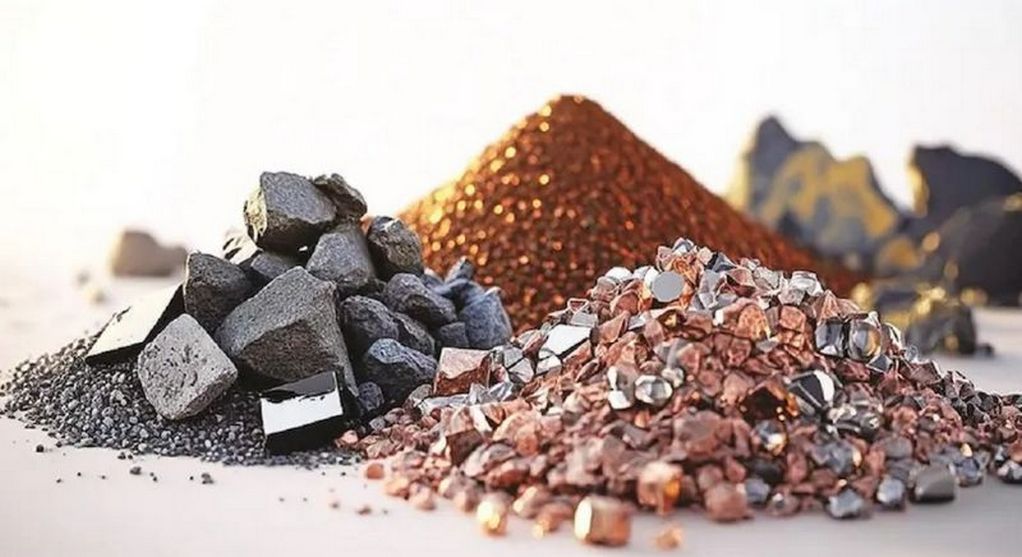Union Minister of Coal, Mines and Parliamentary Affairs Pralhad Joshi unveiled India’s first-ever report on critical minerals, prepared by an expert team constituted by the Ministry of Mines.
The Indian government has identified 30 critical minerals including lithium, cobalt and copper, stating that the listed minerals are essential for the country’s economic development and national security.
The 30 minerals listed by the government include Antimony, Beryllium, Bismuth, Cobalt, Copper, Gallium, Germanium, Graphite, Hafnium, Indium, Lithium, Molybdenum, Niobium, Nickel, PGE, Phosphorous, Potash, REE, Rhenium, Silicon, Strontium, Tantalum, Tellurium, Tin, Titanium, Tungsten, Vanadium, Zirconium, Selenium and Cadmium.
The critical minerals are also vital to power the global transition to a low carbon emissions economy, and the renewable energy technologies that will be required to meet the ‘Net Zero’ commitments of an increasing number of countries around the world.
Coal Minister Joshi said that at present Geological Survey of India (GSI) is more focussed on exploration of critical and deep-seated minerals to provide further fillip to the growth of the country’s mining sector.
The government said the compiled list of critical minerals is designed to identify and prioritise minerals that are essential for various industrial sectors.
Tags: Copper, India, Lithium, Minerals



Recent Posts
New Report Highlights Potential of Voluntary Insetting to Support Maritime Decarbonisation, Calls for Robust Safeguards
Smart Ship Hub achieves industry first with ABS emission reporting
Henkel Rolls Out India’s First Mid-Haul Re-Powered Electric Trucks for Commercial Logistics
Sustainability in Focus at 11th SIAM Automotive Logistics Conclave in New Delhi
L&T Energy GreenTech to Establish India’s Largest Green Hydrogen Plant
JK Srivastava Group and Hynfra Announce $4 Billion Green Ammonia Project in Andhra Pradesh
Andhra Pradesh Unveils Ambitious Green Hydrogen Valley Plan to Lead India’s Energy Transition
South Africa advances plans to decarbonize shipping sector